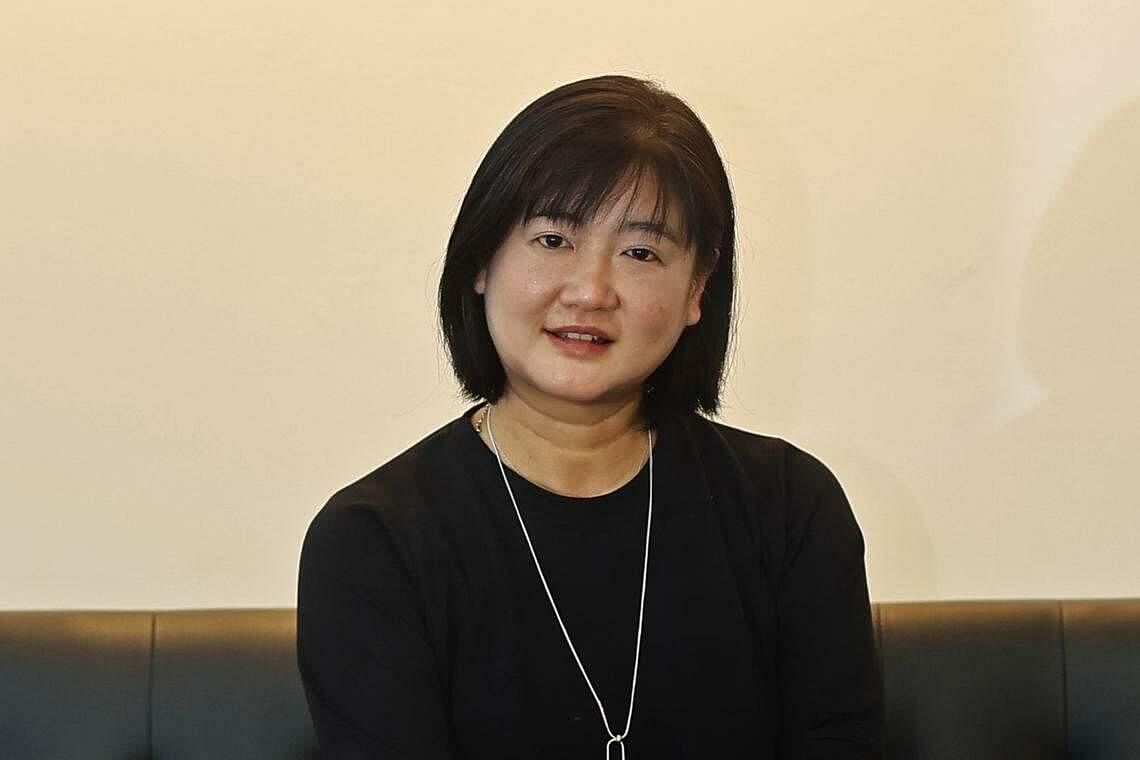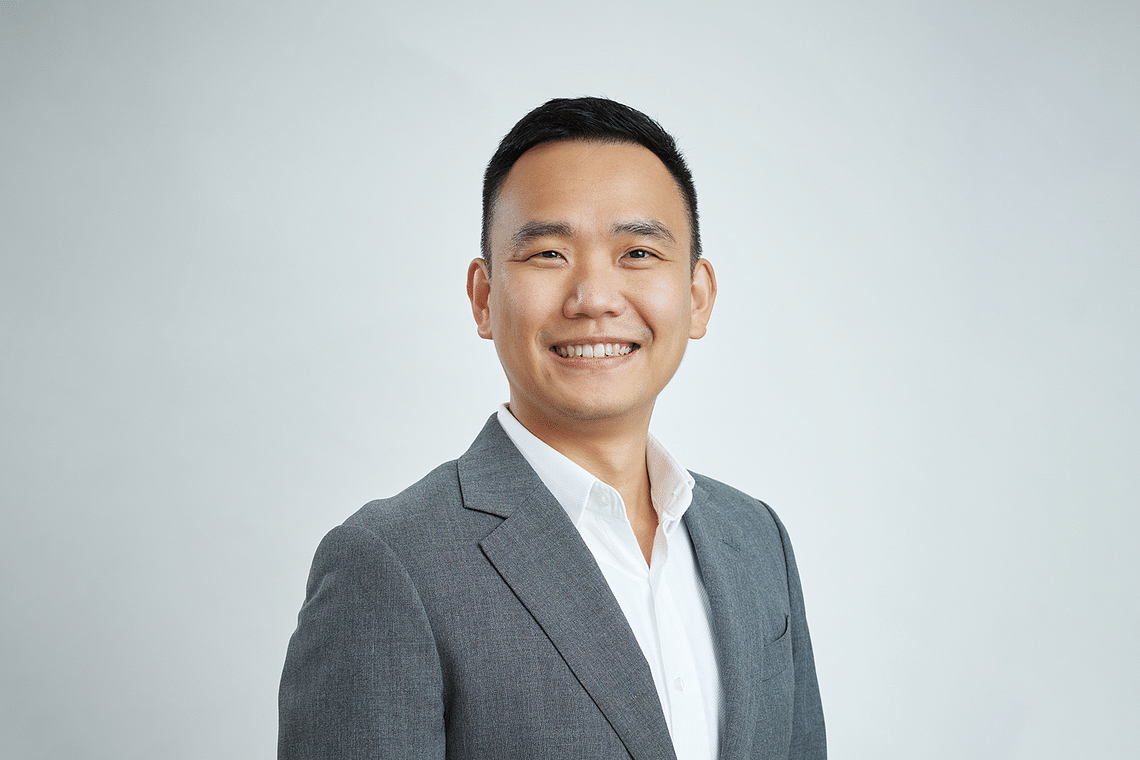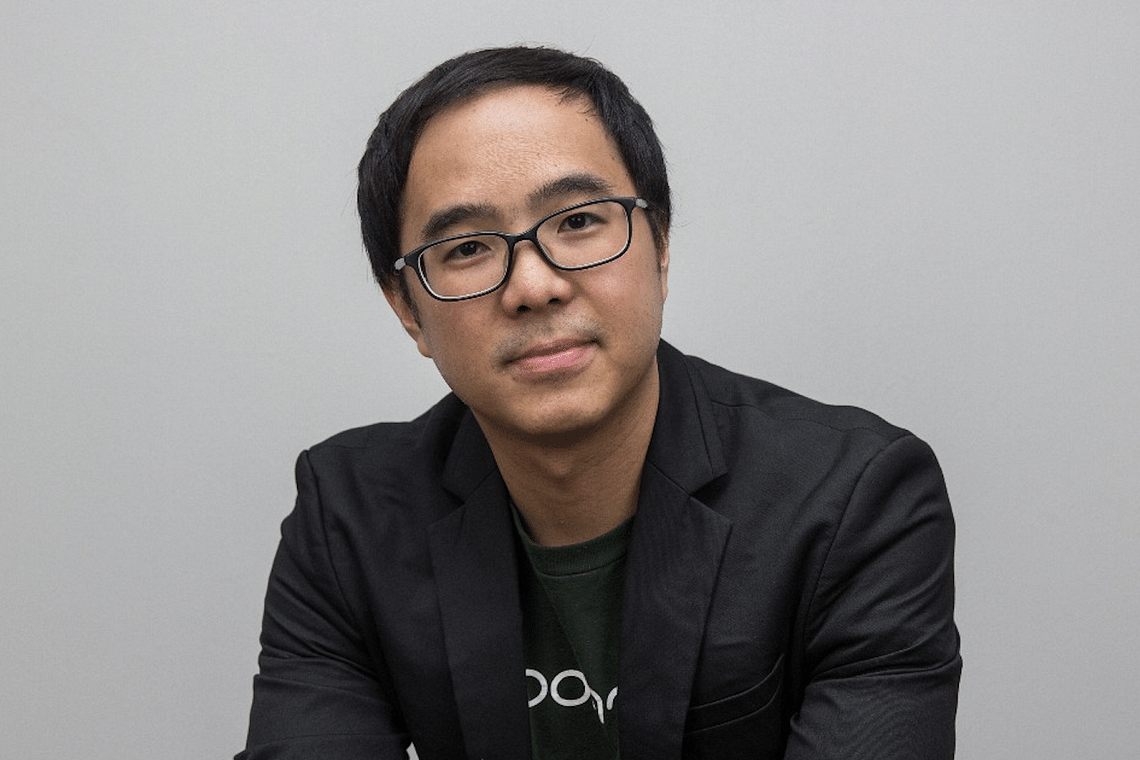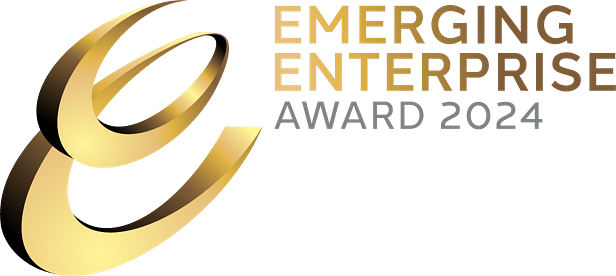ROUNDTABLE PANELLISTS:
- Anthony Chow, co-founder and CEO, igloocompany [Singapore]
- Bryan Koh, founder and CEO, WhiteCoat Global [Singapore]
- Daphne Teo, founder and CEO, NSG BioLabs [Singapore]
- Jax Lee, co-founder and CEO, Nanolumi [Singapore]
- Tan Swee Yen, co-founder and CEO, CoNEX Healthcare [Singapore]
Moderated by Paige Lim, journalist, The Business Times
As a finalist for this year’s Emerging Enterprise Award, what would you say has been the secret to your growth?
Bryan Koh: Telemedicine was not the norm when WhiteCoat started five years ago. It was a grey area in healthcare regulations in Singapore, but we felt that this should not be the way.
We engaged the Ministry of Health on the value proposition of telemedicine and digital health. Our efforts paid off. In April 2018, WhiteCoat became the first regulator-approved digital healthcare company in Singapore. We would not have been able to achieve this if not for the steadfast belief of our small team back then.
Our people and product have been key to our growth and success in creating an omnichannel approach to care. We developed a mobile application and put together a panel of healthcare professionals, so that users can seek teleconsultations and have continuity of care via in-person physical examinations.
Daphne Teo: NSG BioLabs is Singapore’s premier co-working laboratory and office space, serving the biotech and pharmaceutical sectors.
The foundation of our success is built upon several key pillars. These include our deep understanding of biotech needs, which empowers us to customise our laboratory spaces and services to align with biotech research and development (R&D) prerequisites.
We provide a collaborative environment with well-equipped facilities and have a strong management team.

Jax Lee: Nanolumi operates on three guiding principles.
First, problems that need to be solved must be both interesting and important, and not just about making money. For instance, how do we prevent intellectual property, brand and tax theft of a trillion dollars? How do we help researchers develop new therapies faster? Second, we must be able to leverage our unique access to chemistries, nanomaterials and integration in creating solutions. Third, we do not develop products solo – we create solutions at speed by joining forces with partners.
Tan Swee Yen: Our dedication to innovation, a deep understanding of healthcare challenges and relentless pursuit of customer centricity have been key to the growth of CoNEX Healthcare. By delivering cutting-edge technology driven by artificial intelligence (AI) that addresses critical needs, we have made a meaningful impact on both the healthcare and eldercare industries.
Together with Tan Tock Seng Hospital, we developed PreSAGE, a thermography-based sensor remote monitoring solution. With patients, it can predict “bed exits” to keep them safe; in residential homes, it can detect and predict falls.
Anthony Chow: Igloo’s commitment to innovation; resilience amid pandemic challenges; and focus on customer experiences have been crucial to our success.
In addition, our emphasis on strategic partnerships and collaborations has significantly contributed to our expansion. Today, we work with over 50 distribution partners globally and serve over 1,500 businesses, and have facilitated over 100 million unlocks.

How have transformation and innovation been important to you?
Koh: WhiteCoat has always been looking into the pain points and gaps in the care journey, trying to see how to provide a convenient and seamless experience to consumers, as well as empowering them to take better care of their own health.
An example is Think Well, a mental health initiative that we launched with AIA Singapore. Through Think Well, users can discreetly receive support by engaging with psychologists through text-based chats on the WhiteCoat application. This helps to reduce stigma, one of the key barriers to seeking help for mental health issues.
Teo: The development of novel therapies and biotechnology products is an arduous and time-consuming endeavour. NSG BioLabs was conceived to expedite this process for companies, by shortening the path from discovery to clinical and commercial applications.
We have transformed the way laboratories are managed with our proprietary in-house digital platform. This streamlines processes, improves customer experience, reduces administrative overhead, enhances data security, and enables remote access. The platform also facilitates advanced data analysis, contributing to better decision-making.
Lee: Nanolumi began out of an interest to transform science into technology, by commercialising promising new nanomaterials.
Customers and partners have been the drivers for us to expand our offerings into product authentication, bioimaging and advanced sensing – mainly because they brought us new challenges, enabling us to build new businesses.
Tan: By harnessing the power of AI, we’ve revolutionised eldercare with our bed exit and fall prevention technology.
Besides improving the safety and well-being of seniors, our innovation has streamlined the healthcare process, reduced response times and minimised healthcare costs. Our technology also enables caregivers to provide more personalised care, enhancing the overall quality of life for the elderly.

Chow: Igloocompany was the first to design robust smart access products that do not rely on Wi-Fi, ensuring high levels of security. We’ve integrated AI within our iglooconnect platform, empowering businesses to streamline workflows and enhance their operational efficiency.
In the near future, to provide hands-free access, we plan to integrate wearables such as the Apple Watch and introduce facial recognition capabilities across our products. These advancements represent a significant leap forward in the way consumers interact with their smart homes.
What are some key trends or shifts in your industry, and what opportunities have these created?
Koh: The Covid-19 pandemic was a catalyst for the adoption of telemedicine. In the post-Covid world, digital health plays a crucial role in markets such as South-east Asia, where healthcare access is not as readily available and doctor-to-patient ratios are low.
These trends have opened up opportunities for WhiteCoat to improve the care experience. We are working with consumers to curate care journeys that start with virtual consultations, where those who truly require inpatient treatment are triaged to hospitals or clinics.
Lee: The level of mistrust in the world is at an all-time high, whether for governments, companies or consumers. The advanced materials industry can bring greater assurance to sustainable solutions by safeguarding their supply chains and brands.
Solutions can be simplified today by integrating concepts from multiple disciplines, accelerating the pace of innovation.

Tan: An ageing population and growing preference for ageing in place have created significant demand for remote monitoring and fall-detection solutions. With Singapore’s Healthier SG initiative underway, this presents new opportunities for PreSAGE to help seniors to age well in their own homes.
The healthcare landscape is emphasising preventive care, patient safety and cost-effective solutions. Furthermore, the adoption of the internet of things (IoT) and AI in healthcare has paved the way for more advanced and accurate predictive technologies.
These trends have not only fuelled our growth, but positioned us at the forefront of addressing critical healthcare and eldercare challenges.
Chow: The surge in remote work post-pandemic has given rise to co-living, co-working and other rental opportunities, elevating the importance of property management. Igloo is developing a contactless access platform that provides a comprehensive solution across real estate categories, including long-term leases, co-living arrangements and vacation rental management.
The sharing economy has also grown substantially in the post-pandemic era, from home-sharing to car-sharing to boat-sharing. Such platforms harness igloo’s contactless access technology, allowing users to enjoy a seamless and secure keyless access experience.
How are you addressing the biggest challenges in your industry?
Teo: Securing funding for R&D and clinical trials is a significant hurdle for biotech startups. We understand their financial constraints, and to support them, NSG BioLabs offers flexible lease agreements that allow companies to adapt their lab space according to their evolving needs.
This flexibility not only simplifies financial management, but enhances their chances of success in the demanding biotech industry.
Tan: Some of the industry’s biggest challenges include the need for constant technological advancements, regulatory compliance, and maintaining high data security standards in healthcare. Making such deep technologies affordable for mass adoption is also a challenge.
To navigate these challenges, we are committed to ongoing R&D, staying agile to adapt to regulatory changes, and employing robust encryption and data protection measures.
Chow: Users want assurance that smart locks are as secure as traditional ones, if not more so. They also worry about potential vulnerabilities that could be exploited by cyberattacks. Igloo is investing in addressing these security and privacy concerns through robust encryption, regular security updates and transparent privacy policies.
Another challenge is ensuring interoperability and standardisation among smart home devices, so they can communicate seamlessly with one another. We are deploying multiple protocols and are a member of alliances aimed at standardising smart home communications.

How do you plan to capitalise on regional opportunities?
Koh: Regionalisation is key to WhiteCoat’s growth plans, as we aim to be the region’s No 1 omnichannel healthcare firm. We have made inroads into Indonesia, Vietnam and Cambodia, and are preparing to venture into Malaysia and Thailand in the immediate term.
Apart from growing our operations organically, we are keeping an eye out for potential merger and acquisition opportunities within the region that are synergistic with our business.
Teo: The Covid-19 pandemic has prompted many countries to recognise the importance of nurturing their own biotech ecosystems. In the next few years, NSG BioLabs intends to expand regionally.
We have seen strong demand from some existing customers that have regional ambitions or are already multinational. We have also garnered substantial interest from real estate developers and governments in Asia-Pacific – such as Hong Kong, Taiwan, Australia, and South Korea – and the Middle East, to establish shared laboratory spaces within their buildings.
Lee: Nanolumi was founded in Singapore, but our customers and partners have been global from the start. This is because we believe disruptive solutions must compete across global markets from day one.
We will continue our growth by hiring the best talent and forging strategic relationships, no matter where they are based in the world. With hard work and a little luck, we hope to help put our little red dot on the map for advanced materials.
Tan: Regionalisation is pivotal to our growth strategy, as it allows us to validate our solution in the rest of the world. Having expanded in Singapore and Thailand, we are exploring opportunities in Australia and the United States.
Our expansion plans involve strategic partnerships with local healthcare providers and distribution networks, as well as customising our products to meet the unique demands of each market.
Chow: North America has emerged as our flagship market and contributes about 50 per cent of overall revenue. To drive our business across Europe, our second-largest market, we have also set up an office in London. As a next step, we plan to grow our presence in the Nordics.
Our expansion ambitions also extend far beyond Earth: we recently achieved a milestone by becoming the first company in the world to send our smart padlocks into space.






